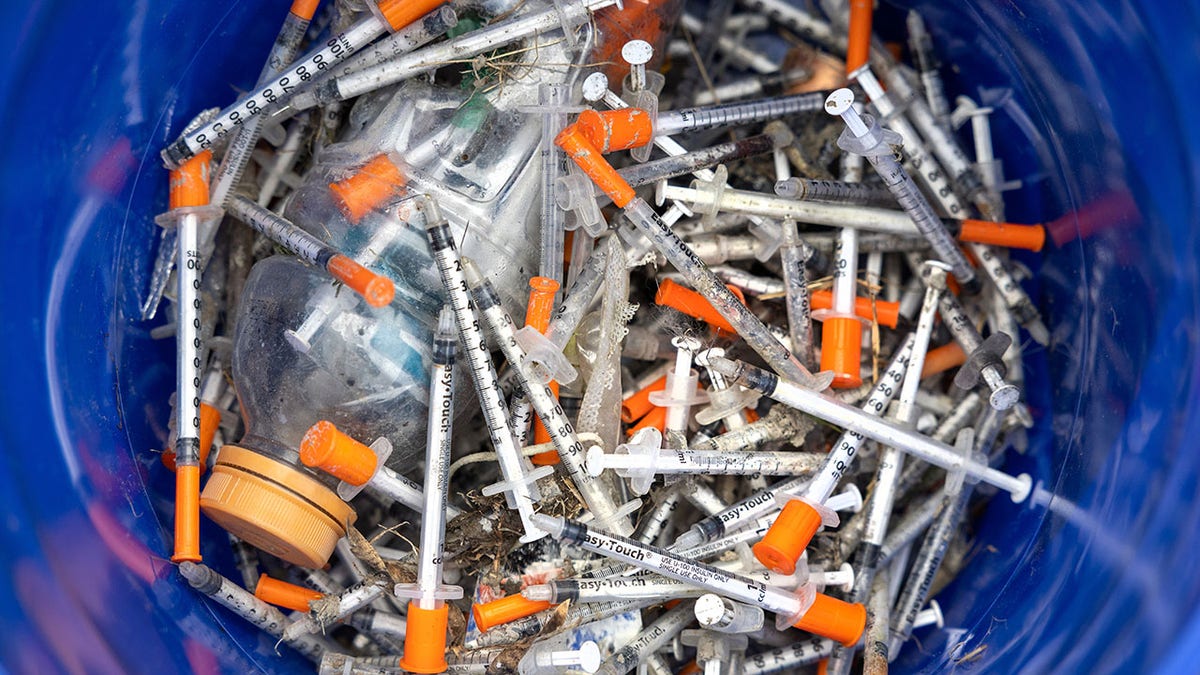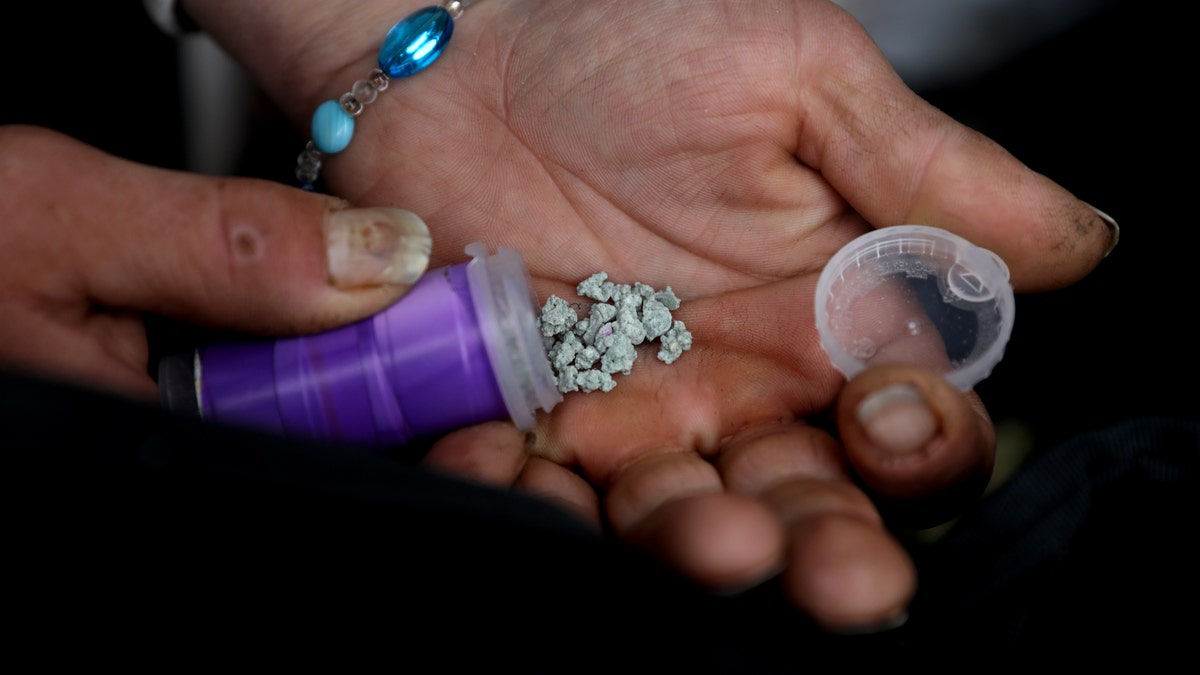Oregon must keep soft heroin laws despite soaring overdose rates: proponents
Oregon's trailblazing drug decriminalization law has come under fire amid a slow rollout and rise in overdose deaths. But proponents say much of the criticism is unfair.
Two years after Oregon voters decriminalized possession of all drugs, lawmakers are debating taking millions of dollars away from addiction services and sending it back to local governments.
Advocates for the proposal argue the state's first-in-the-nation drug decriminalization law took too much money away from cities, counties and state police to fund addiction services. But opponents argue defunding recovery services will have disastrous consequences.
"At a time when deadly drugs are prevalent and overdoses are skyrocketing, this is not the time to cut addiction recovery services," Ron Williams, director of outreach for the Health Justice Recovery Alliance, testified during the first of several hearings on the proposed bill.

Measure 110 passed with 58% of the vote in 2020. It decriminalized possession of hard drugs and reallocated millions of dollars to fund addiction services. (John Moore/Getty Images)
'OUR CITY IS IN PERIL': PORTLAND BUSINESS OWNERS DEMAND MORE ACTION AS CRIMINALS 'WREAK HAVOC'
Voters passed Measure 110 in 2020, making Oregon the first state to decriminalize possession of personal use amounts of hard drugs including heroin, meth and fentanyl. The law redirected much of the state's marijuana tax revenue — which had previously benefited schools, police and local governments — to fund grants for addiction services.
"As a result, our ability to pay for public health and public safety services has lessened," a coalition representing 25 mayors in the Portland metro area wrote to lawmakers last week, adding that Measure 110 siphoned $45 million from cities and counties over the past few years.
HOW HAS DRUG DECRIMINALIZATION WORKED OUT FOR OREGON? WATCH:
WATCH MORE FOX NEWS DIGITAL ORIGINALS HERE
More than $300 million has been allocated so far to services like clean needles, naloxone, peer support and more. The Oregon Health Authority said funding has reached more than 60,000 people as of September.
HB 2089 proposes taking some of the marijuana tax revenue earmarked for addiction and schools and sending it back to local governments and police.

At a time when deadly drugs are prevalent and overdoses are increasing, Measure 110 proponents say lawmakers should not cut funding to addiction services. (Gary Coronado/Los Angeles Times via Getty Images)
CLICK HERE TO GET THE FOX NEWS APP
Representatives of Oregon's cannabis industry were among those who testified in support of HB 2089 last week, arguing it would better balance funding priorities across the state.
"For the economic viability of counties, the businesses that operate within them and the Oregon Marijuana Account, we need to be safe and local governments need to operate effectively," said Amanda Metzler, founder of F.A.R.M.S. Inc.
The hearings on HB 2089 are scheduled to continue Tuesday and Wednesday.
Ramiro Vargas contributed to the accompanying video.



